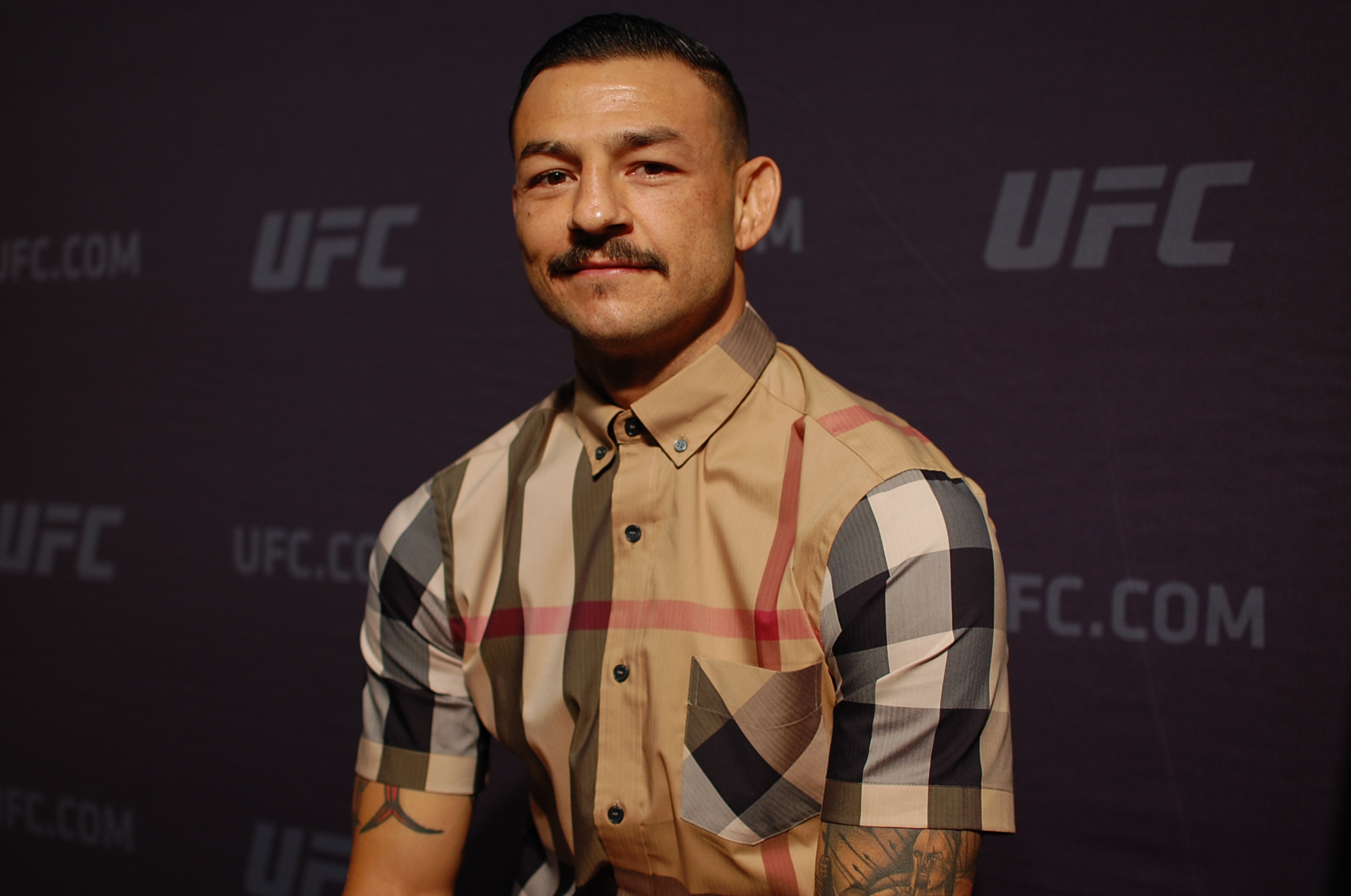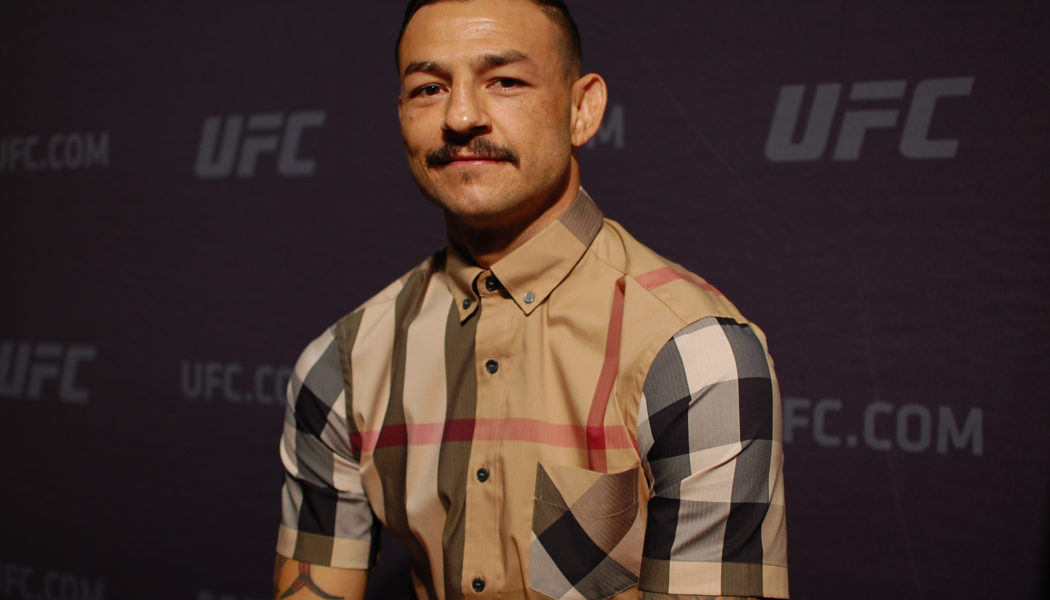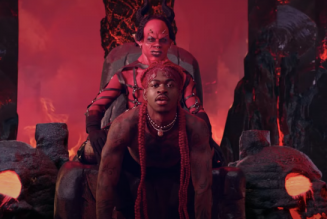
Among fighters who’ve never even competed for a championship belt, few (if any) have as many accolades as Cub Swanson.
Going into his 20th UFC fight (with eight more in the elite promotion, WEC, from before the UFC added a featherweight division), the Palm Springs, California native has racked up 10 Fight of the Night bonuses, two more Knockout of the Night bonuses (including one over current UFC Lightweight Champion Charles Oliveira), and both a highlight reel and fan base that many champions only dream of achieving.
His penchant for violence in the cage and humility outside of it has made Swanson a fan favorite among hardcore and casual viewers alike. Couple that with a decade and a half of going to war with the best of the best (including a who’s who of champions and challengers across multiple weight classes) and an understanding of teaching that makes him a valuable coach to the students at his gym, and it’s no wonder why people are excited for his featherweight (145 lbs) bout against Darren Elkins on UFC Vegas 45: Lewis vs. Daukaus this Saturday (December 18).
SPIN spoke with Swanson ahead of his fight with Elkins to chat about his lengthy career, mentoring the next generation, and how music plays a major role in his fighting.
[embedded content][embedded content]
SPIN: You’ve become a fan favorite because of your exciting style, so should fans expect a high level of violence for your fight this weekend?
Cub Swanson: Yeah, I think that’s a safe bet. He likes to bleed and keep coming, and I like to dish it out. So I’m good with that.
Seeing as you’ve been fighting at the highest level for 15 years now, what’s it like to see so many people come and go while you’re still going out there putting on Fight of the Night contenders?
It’s cool on one hand, but it’s strange on the other hand. I tell guys I work with all the time that it’s strange to see all of these people come and go. They’re the next big thing, and then they’re gone, and then they announce they’re retiring. I’m like “What? When did that happen? That was eight years ago?!” It’s crazy to see sometimes. For me, it’s about always being a professional, never letting my body get too out of shape, staying in the gym and trying to be better all of the time. It’s allowed me to keep doing this for a long time and be relevant in the sport — especially since I’ve never been a champion or fought for a title. It’s hard to really be remembered in this sport if you haven’t been a champion, so I think I’ve been fortunate in that aspect.
How have you seen yourself evolve and change over all these years as you’ve grown within the sport?
Well, I feel like I’m blessed, because this is a hard sport, and it can chew you up and spit you out sometimes. But I think if you work hard, stay level-headed, and keep good people around you, you can really turn it into great things over time. I think this sport has been good to me. It’s put me in a better financial situation than I otherwise would be in. It’s taught me how to be a stronger human being. And honestly, I think it’s going to turn me into a great father, which is ultimately the best thing.
You mentioned that you’ve never fought for a title, yet you’ve fought a handful of different UFC champions at this point and racked up the most bonuses in featherweight history. What’s it like to look back at some of the huge fights you’ve had in your career?
Again, I feel like it’s a blessing. I’ve put myself in that position to always have the UFC throw me the toughest fights they could, and that just shows that I was always right there. I’m proud that I’ve been able to maintain such a high level [of competition] in my career for so long. As an athlete, that’s what you’re trying to do. You’re trying to maintain at the top for as long as possible.
At this point in your career, you’ve become a mentor to a lot of younger fighters as well. Is that something you planned on doing or did it just kind of happen?
It’s an honor, and honestly, I get a lot of joy out of it. I’m kind of passing the lessons along to these guys, and I recently had to take a step up even further and started managing these guys. I had to take over duties for my manager. We have Bloodline Management, and I have a small group of guys that I just pour everything into when I’m not spending time with my family or training myself. I’m helping these guys negotiate their fights and everything with my business partner. It’s been fun, and I think when I’m ready to step away from the sport, it’s going to make it a lot easier because I’ll still get to be in the sport, just not getting punched in the face.
Seeing as SPIN is a music publication, what do you usually listen to for training camp and also on fight night?
Music is a huge influence for me. Hip hop has always been motivating for me, because it reminds me of when I was in high school, and I just had a lot of energy and needed to get it out. I had a lot of built up anger at that age, and hip hop kind of taps into that. But when I want to really get in good shape, my training partner and I always put on house music because of the fast pace. I really love putting on fast-paced music to really push the pace. If you spar and you have slower music, you’re going to spar slower. If you put on fast-paced music, you’re going to push the pace, and it’ll make you work harder. At home, it’s been really nice, because I come home from training super late at night when my kids are in bed, and when I open the door, my wife will usually have some good-smelling candles and some real mellow lo-fi music playing. It just brings me down right away. I use music quite a lot, and I definitely appreciate it.
Is there anything else you wish people knew about you?
If they’ve never seen me fight, catch my fight this weekend. I lay it all out there every time, and I find it very emotional for me. I try to be as real as possible, and I’m just a normal human being. I’ve also always seen myself as an artist. I secretly fantasize about how I should have made beats or something like that. I love rhythm, and I always talk to my students about rhythm. I get inspired by beatmakers when it comes to changing rhythms. I tell my students when they spar about how you and the guy you’re fighting get on a rhythm, and when you learn someone’s rhythm, that’s when you can time them. You can count their movements and play with their timing. If you become unpredictable and can change rhythms, it’s like being on the dance floor and somebody changes the song in the middle. Everybody kind of stops like “Oh, what do I do?” That’s what you can do to your opponent. You change the rhythm, you change the fight. It’s very hard to beat someone who does that. I take a more artistic approach with fighting, and I try to teach that. I think there’s a lot of correlation between fighters and musicians.











Tagged: cub swanson, Culture, mma